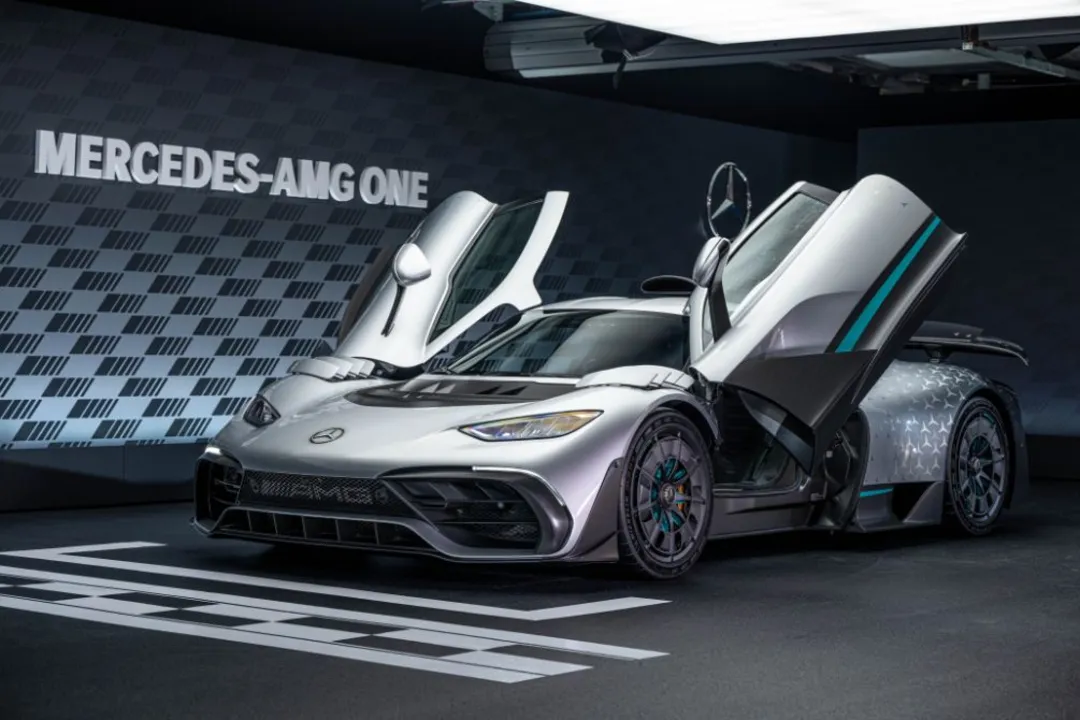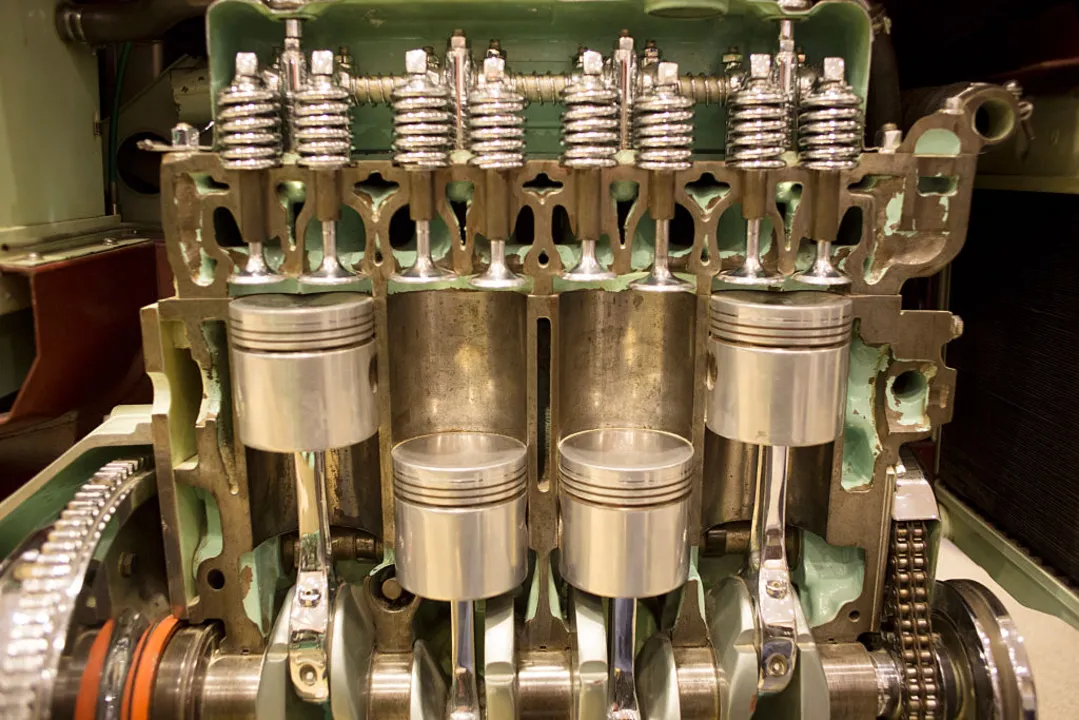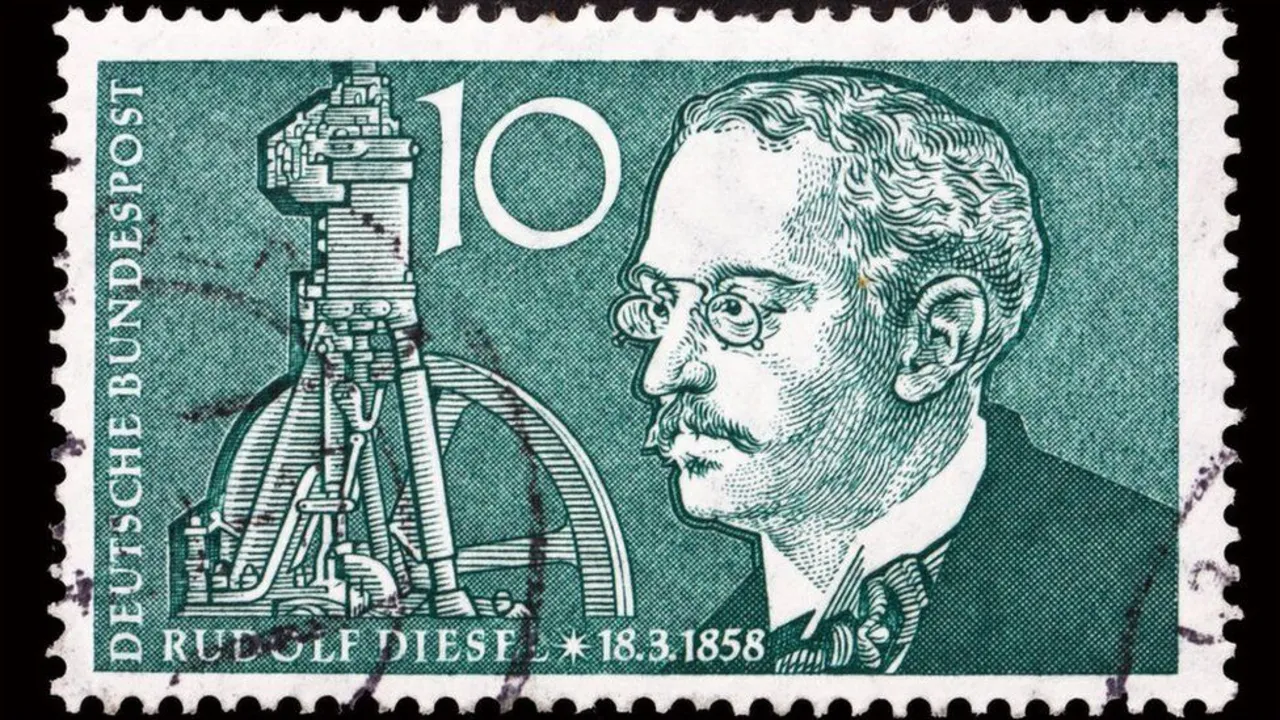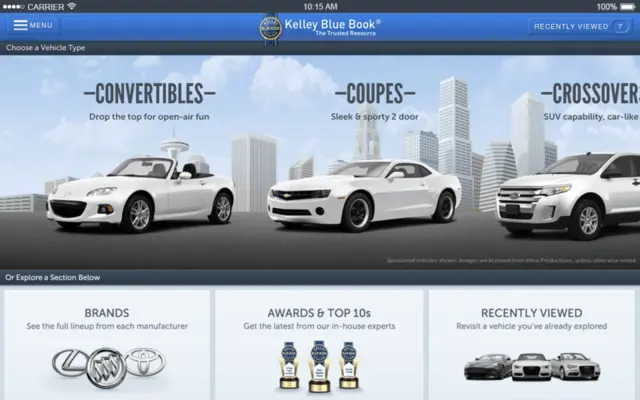In my opinion, the internal combustion engine in cars seems to have reached its peak. With electric vehicles gaining popularity and becoming more efficient, it appears that the days of gasoline engines are numbered. Not to mention, environmental concerns and stricter emission norms are driving automakers to focus on cleaner alternatives. While there might still be some room for improvement in combustion engines, it's clear that the future of automotive technology is moving towards electric and other sustainable power sources. As a car enthusiast, I'm excited to see the innovations that are yet to come in the EV market.
Internal combustion engines are one of the most reliable and long-lasting pieces of machinery. On average, an internal combustion engine can last between 200,000 to 300,000 miles before needing major repairs or replacement. However, this number can vary depending on the type of engine, the quality of the car, and the way it is maintained. Regular oil changes, tune-ups, and preventive maintenance can all help extend the life of an internal combustion engine. With proper care, an engine can potentially last even longer than 300,000 miles. Ultimately, the life of an internal combustion engine depends on a variety of factors, but with proper maintenance and care, you can expect to get a long service life from it.
Internal combustion engines have been the primary source of power for vehicles since the invention of the automobile. However, as concerns around climate change and air pollution increase, there is a growing push to transition away from these engines. While the timeline for this transition is still uncertain, it is likely that we will see a move to electric and hybrid vehicles in the near future. This transition will be a major step forward for air quality and climate change, and will likely result in significant economic and environmental benefits.
The internal combustion engine is one of the most important inventions of all time. It was invented by German engineer Nicolaus Otto in 1876. Otto worked with a partner, Eugen Langen, to create the engine, which was the first of its kind. The engine was revolutionary for its time, as it allowed for a much more efficient and powerful source of energy than other existing types of engines. It was the basis for the modern automobile and many other forms of transportation. The engine also revolutionized industry, powering many types of machinery and providing a reliable source of power. Otto's invention was a major milestone in human history and has continued to shape the modern world in countless ways.
The internal combustion engine is one of the most important inventions of the modern era. It has revolutionized the way we travel, work, and live. By providing an efficient and reliable means of transporting people and goods, the internal combustion engine has allowed us to explore the world in ways never before imaginable. It has also opened up new opportunities for industries across the globe, allowing them to produce goods faster and more efficiently than ever before. The internal combustion engine has changed the way we live, work, and travel, and has had a profound impact on our world.








